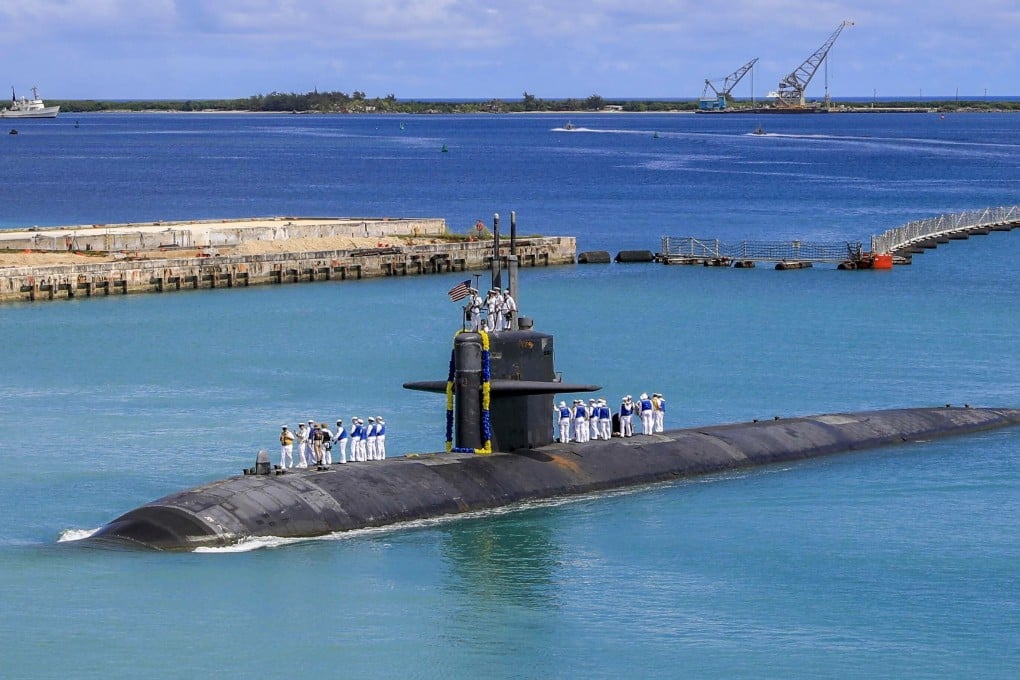Pacific Island nations uneasy over Aukus deal, amid nuclear proliferation, climate change fears
- The security pact between Australia, Britain and the US has raised concerns about nuclear submarines and conflict in their backyard
- Due to their strategic location, the island nations have become the focus of jockeying for influence in the geopolitical rivalry between China and the West

The launch of the partnership, dubbed Aukus, has raised concerns among politicians, the media and civil society in the Pacific about the risk of conflict and nuclear proliferation in their backyard.
Although sparsely-populated, the island nations are increasingly seen as a battleground in the competition between China and US allies such as Australia, and hold painful memories of nuclear testing by Western countries in the decades following World War II.
“Many view the Aukus nuclear submarine deal with suspicion,” said Martyn Namorong, a blogger and activist in Papua New Guinea, the most populous of the Pacific Island nations with almost 9 million inhabitants.
“This isn’t about the geopolitical manoeuvring but how it could disrupt the lives of indigenous people in the Pacific.”
In Samoa, a country of about 200,000 people lying roughly halfway between New Zealand and Hawaii, the country’s largest newspaper group this week accused the new security partnership of disrespecting the wishes of Pacific Island peoples and raising the risk of conflict on their doorstep.
“Why has Australia become a party to a military pact that could now see conflict return to our peaceful islands some 76 years after the end of WWII?” the Samoa Observer said in an editorial on Tuesday.